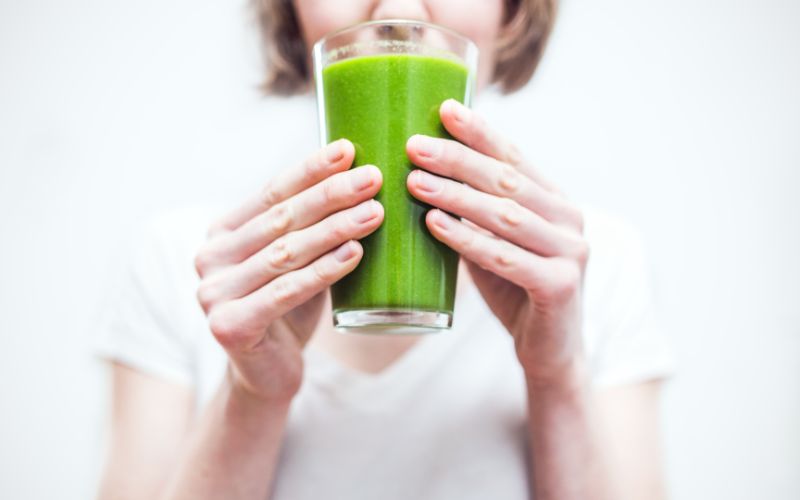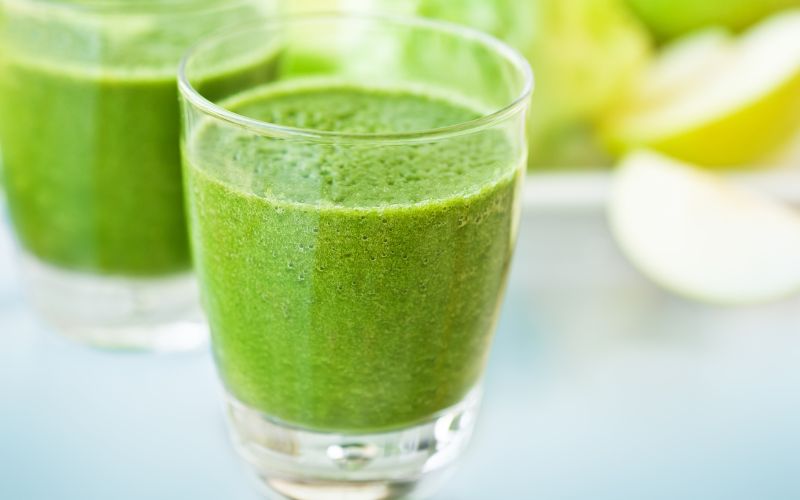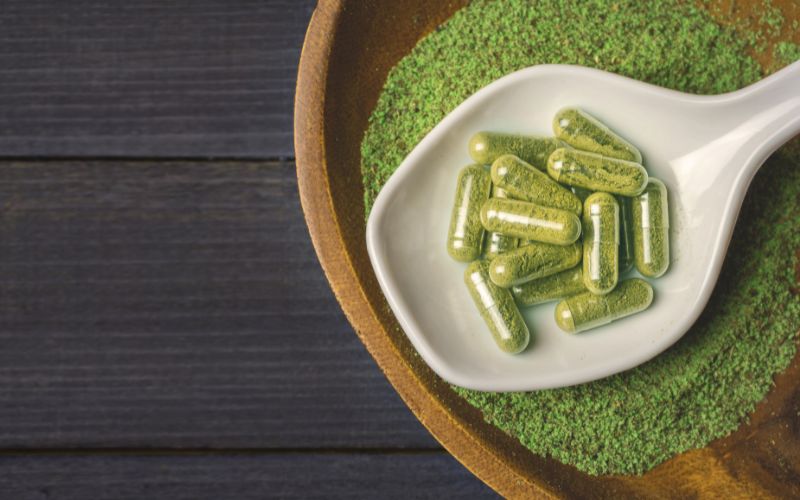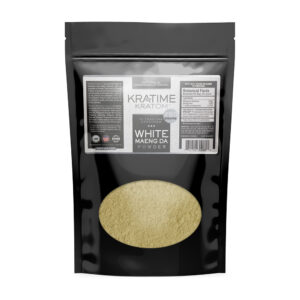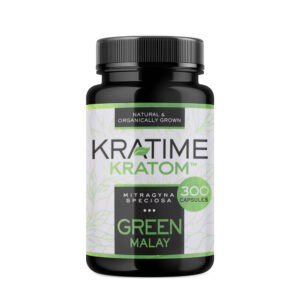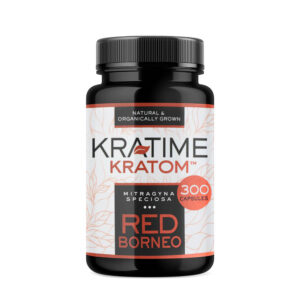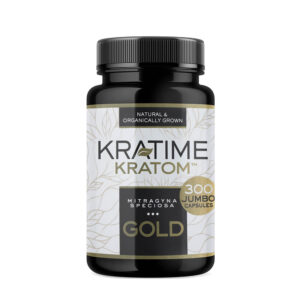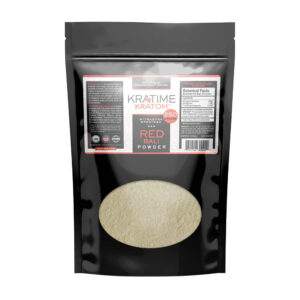Understanding What Does Kratom Taste Like?
When it comes to natural remedies and herbal supplements, kratom has gained significant popularity in recent years. Native to Southeast Asia, kratom is known for its potential health benefits and has become a subject of intrigue for many individuals. While its effects and uses are widely discussed, one question often arises among those considering kratom: What does kratom taste like? In this article, we’ll delve into the various aspects of kratom taste, exploring the factors that influence it, common descriptions, and methods to overcome or mask its flavor.
What is Kratom?
Before diving into the taste of kratom, let’s briefly understand what kratom is. Kratom, scientifically known as Mitragyna Speciosa, is a tropical tree native to countries like Thailand, Indonesia, and Malaysia. Its leaves contain alkaloids that interact with the body’s receptors, potentially promoting relaxation, alleviating discomfort, and boosting energy levels.
The Various Forms of Kratom
Kratom is available in different forms, including dried leaves, powder, capsules, and extracts. Each form has its unique characteristics, but they all share the common attribute of containing kratom alkaloids. The taste of kratom can vary slightly depending on the form you choose, with some individuals finding certain forms more palatable than others.
Kratom Strains and Their Characteristics
Kratom comes in various strains, each with its own distinct properties. Strains such as Red Vein, Green Vein, and White Vein offer differing effects, and interestingly, they can also have slight variations in taste. The strain’s characteristics, including the drying process and the alkaloid composition, can influence the overall flavor experience.
Kratom Taste: A Matter of Subjectivity
Like many natural substances, kratom taste is highly subjective. Some people may find kratom to have a bitter, earthy taste, while others describe it as a combination of herbs and tea leaves. The taste can be intense for some individuals, making it challenging to consume kratom directly.
Factors Influencing the Taste of Kratom
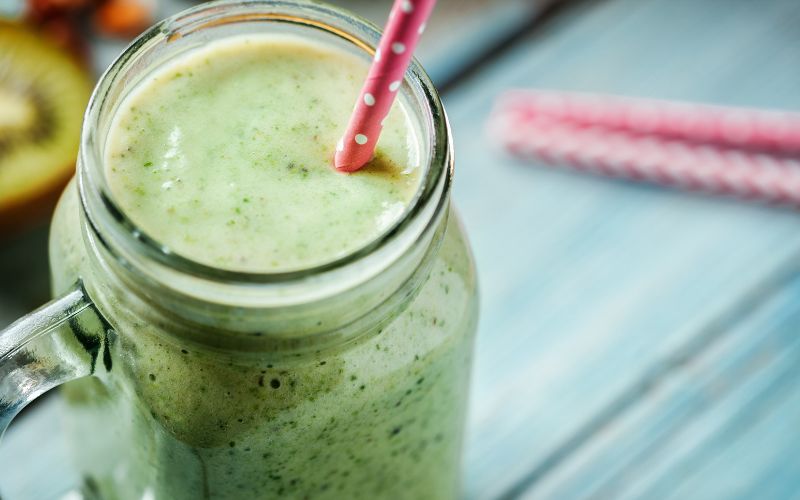
Several factors contribute to the taste of kratom. The soil conditions, climate, and harvesting methods play a crucial role in the final flavor profile. Additionally, the processing and preparation techniques, including drying and grinding, can affect the taste as well.
Common Descriptions of Kratom Taste
When it comes to describing the taste of kratom, individuals often use a range of terms. Some commonly used descriptions include bitter, earthy, grassy, herbal, and slightly sweet. The taste can vary between different strains and forms of kratom, so it’s essential to consider personal experiences and preferences.
Overcoming the Taste of Kratom
While the taste of kratom might not be pleasing to everyone, there are ways to overcome it. One approach is to mix kratom powder with beverages like fruit juice or herbal tea to mask the flavor. Additionally, capsules offer a convenient option for those who prefer to avoid the taste altogether.
Creative Ways to Mask the Kratom Flavor
For individuals looking for creative ways to mask the taste of kratom, there are numerous options available. Mixing kratom with yogurt, smoothies, or even incorporating it into baked goods can help minimize the flavor. Experimenting with different flavor combinations can lead to enjoyable and palatable experiences.
Kratom Taste: Is it Worth It?
Despite the distinctive taste, many individuals still choose to consume kratom due to its potential benefits. The taste of kratom is subjective, and while it may not be pleasant for everyone, some find the effects and overall experience to be worth it. Understanding your own preferences and experimenting with various consumption methods can help you make an informed decision.
Conclusion
In conclusion, kratom is known for its distinctive taste, which can be described as bitter, earthy, and herbal. The taste varies depending on factors such as the strain, form, and individual perception. However, there are ways to overcome or mask the flavor to make kratom more enjoyable to consume. Ultimately, whether the taste is worth it or not is a personal decision that should take into consideration the potential benefits and individual preferences.
FAQs
Can the taste of kratom be compared to anything else?
While the taste of kratom is unique, some individuals compare it to the bitterness of strong coffee or herbal tea.
Does the taste of kratom vary between different strains?
Yes, different strains of kratom can have subtle taste variations due to differences in alkaloid composition and processing methods.
Are there any long-lasting effects on the taste buds after consuming kratom?
Generally, the taste of kratom subsides relatively quickly after consumption, and there are no long-lasting effects on the taste buds.
Can the taste of kratom be completely eliminated?
While it may be challenging to completely eliminate the taste, various methods like encapsulation or mixing with other substances can significantly reduce the flavor’s impact.
Are there any potential health risks associated with consuming kratom?
Kratom should be consumed responsibly and in moderation. It’s essential to understand and adhere to recommended dosage guidelines and consult with a healthcare professional if needed.

